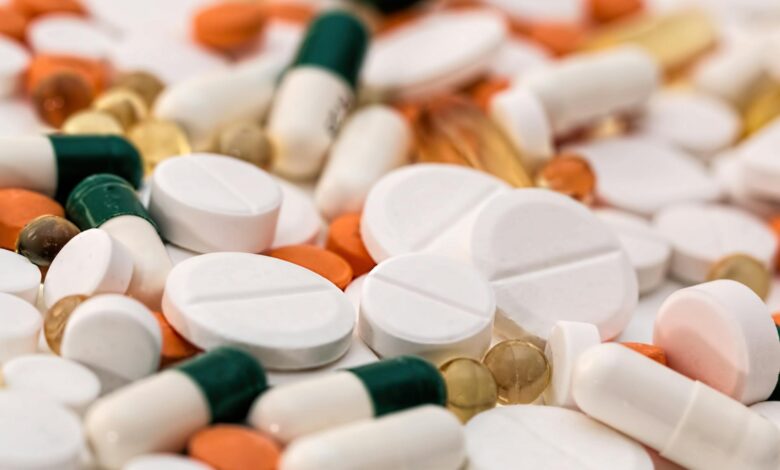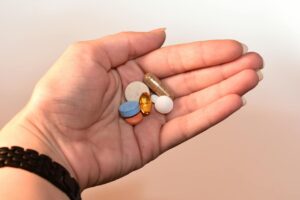Sports Medicine: Prevention, Treatment, Legal Considerations

In sports venues, athletes of all levels are above all aspired to reach their physical peak and excellent health. Developing athletes as successfully as possible are among the main tasks for the field of professional medicine – the one known as sports medicine. This highly specialized branch of healing science deals mainly with the prevention, identification, handling, and restoration of injuries occurring during sport or exercise. It also includes the physiological and biomechanical impacts on the body due to rigorous exercise and athletic workouts.
What is sports medicine?

As far as the discipline of sports medicine is concerned there are numerous aspects of physical and mental health including orthopedics, physical therapy, sports nutrition, exercise physiology, and also sports psychology. The health and treatment team of sports medicine works as a team to offer the best treatment modalities for sports injuries by not only covering the injuries’ incidence but also providing the top level of sportsmen’s health and performance.
Sports Medicines for Prevention and Injury Management
Many types of sports medicines play a preventive role in accident prevention. These are generally appliances that sports medicine professionals use. They are comprised of a variety of techniques that help them reduce the risk of injuries while doing training or competition by their choice of activities such as strength and conditioning programs, proper warm-up routines, and biomechanical assessments.
Because sports athletes have a high risk of injuries, that is why sports medicine specialists serve the most significant purpose of identifying the severity of the injury and creating specific care plans and protocols for athletes to get their bodies back on track.
1. Treatment Modalities
Sports medicine boasts individualized treatment options which are designed based on the unique requirements of each and every athlete. These may comprise physical therapy for the purpose of restoring mobility and strength, orthopedic interventions like surgery, therapy support, or drug injections for more serious injuries, and also programs of rehabilitation, which are designed to return athletes back to sports safely. Furthermore, other alternative healthcare procedures such as massage therapy, chiropractic care, and acupuncture are utilized in relieving the pain and stimulating recovery.
2. Performance Enhancement
Besides the prevention and rehabilitation of sports injuries, other aspects of sports medicine are to enhance athletic performance. This may be a preventive approach focusing on identifying any biomechanical concern, providing stretches to enhance the range of motion, and attempting to reduce the risk of overuse injuries by designing personalized programs that improve efficiency and build on the strength, speed, and agility of the client. Also, nutritional and hydration strategies may be provided to help fuel performance and support recovery.
3. Holistic Approach to Wellness
Sports medicine emphasizes an integrated approach, considering the health forces and the works of athletes as a whole in terms of physical fitness, and psychological, and emotional readiness. Sports psychologists provide mental strategies for athletes to get rid of performance anxiety, stress management, and set goals, whereas sports nutritionists develop diets that ensure as many energy levels as possible for achieving recovery. By taking into consideration all various dimensions of athletic health, sports medicine practitioners aren’t left to chance only games but, also everyday life performance as well.
4. Research and Innovation
The continuous push that drives the progress in sports medicine comes about through constant study and innovation. It is a subject that researchers and physicians always try to come up with newer inventions and technologies for reducing the occurrence of sports injuries, enhancing rehabilitation techniques, and maximizing athletic output. Sports Med is where innovations in healthcare are allowing us to stretch to wearable devices collecting biometric data and to the regenerative therapies that promote tissue repair.
Is sports medicine legal or illegal?

On the way to achieving athletic perfection and optimal fitness, athletes sometimes are ready to try various supplements and medications so as to raise performance levels, speed recovery, or deal with problems, that appear as a result of injuries. Nevertheless, the athletes require great legitimacy of the administration of such substances in games is subjected to strict regulatory guidelines and policies aimed at maintaining fair competition and safeguarding athlete’s health.
National Anti-Doping Agencies:
WADA often collaborates with national anti-doping agencies and their enforcement programs to set standards in line with their regulations. The agencies do the drug testing and educate athletes compared to more purposeful and planned exchanges that may occur in contexts such as sports or tourism.
Legal Supplements
Many athletes might use various supplements that fall under legal brackets like vitamins, minerals, and protein powders for the regeneration and safety of an athlete. Sports nutrition is almost everywhere, in drugstores and beyond the doping restrictions. Nevertheless, athletes have to be cautious and not take the risk of unregistered and doping levels of supplement ingredients. Therefore, athletes should use good quality totally legal supplements.
Illegal Performance-Enhancing Drugs

To avoid a scourge like the use of performance-enhancing drugs (PEDs) such as anabolic steroids, stimulants, and increased production of growth hormones, a ban is stringently imposed in sports. These substances can either grant an unsporting advantage to the athletes or even endanger their health, which is entirely in contrast to the concept of sports. The athletes who are found using PDEs are knocked out of the matches and are banned for life.
Therapeutic Use Exemptions (TUEs):
In some circumstances, the athletes may be obliged to take medications to treat the medical problems they are suffering. A TUE authorizes an athlete to use performance-enhancing substances medically but abides by the antidoping regulations as well. TUEs’ purposes are approved by medical professionals as part of the documentation process, which is a medical necessity.
Sports medicine is one of the branches of medicine that is crucial in preserving the health of athletes and in helping them perform at the best they can either to the international or the national level. Sports medicine as a field has been built on a foundation of collaboration between different professionals which is why the multifaceted approach of the sports medicine professional is industry-based, handling both individual athletes and teams, while also considering their unique needs. Preparing the way for the restoration of an injured athlete from injury, controlling or even enhancing their performance becomes a sports medicine intervention. Besides, in addition to coping with injuries and pain right away, sports medicine also gives people health maintenance and long-term well-being.

